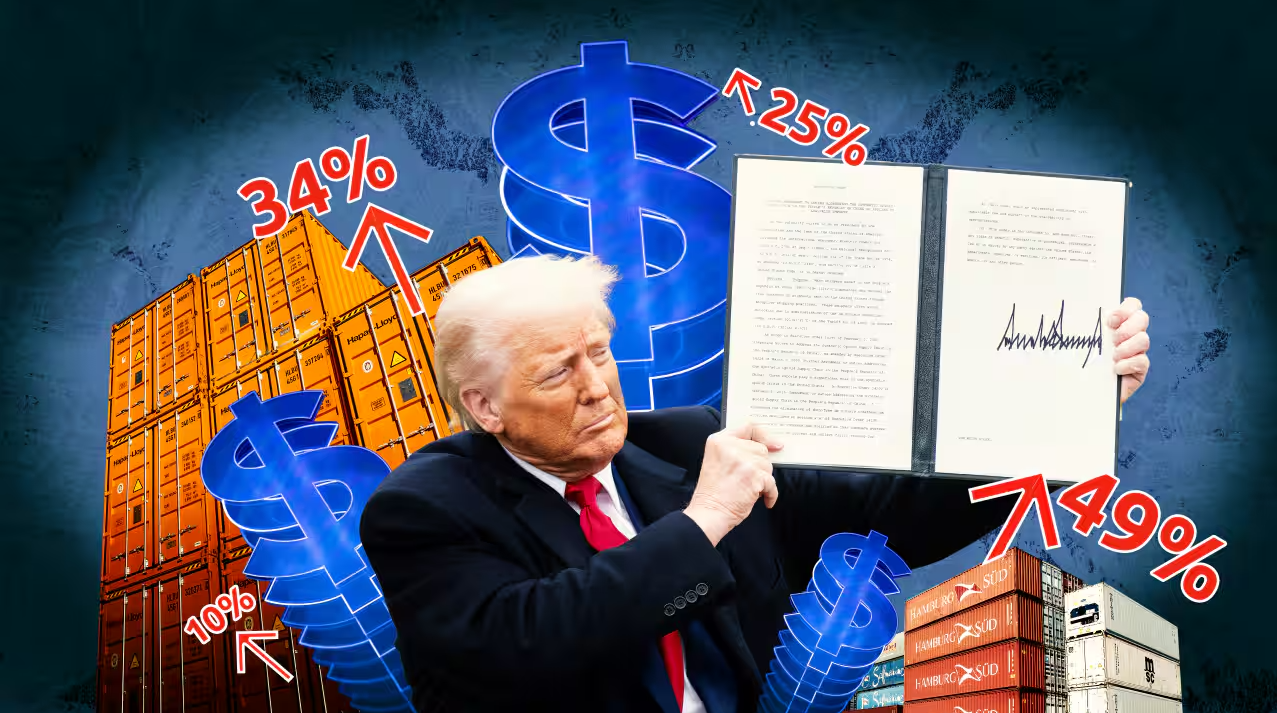
Lucio Blanco Pitlo III, President of Philippine Association for Chinese Studies, and Research Fellow at Asia-Pacific Pathways to Progress Foundation
Sep 12, 2025
America’s tariffs have remained a centerpiece of discussion in global trade since the White House announced them, with a clear, coherent path forward yet to emerge. In these first few historic months, how has the aggressive trade policy affected U.S. positions in Asia?
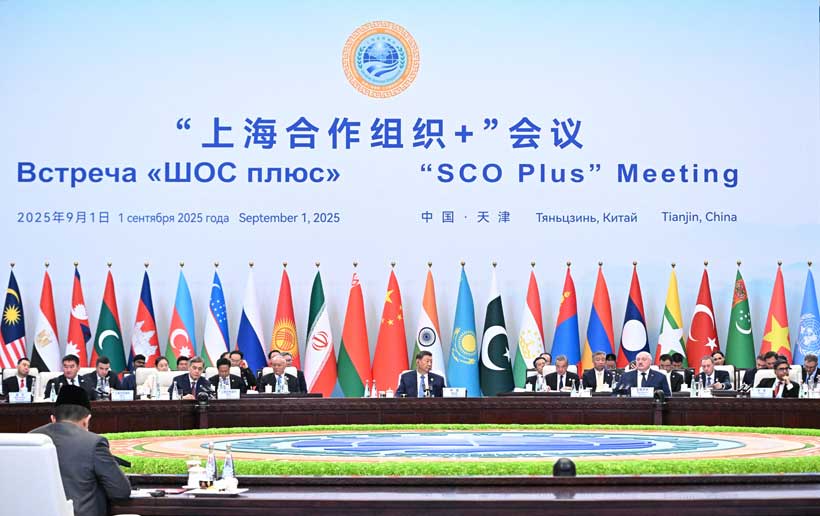
Zhang Wenzong, Associate Research Fellow, CICIR
Sep 12, 2025
It should not be difficult for politicians of insight to choose between joining hands to build a community with a shared future for mankind or becoming powerful countries’ pawns to fight and exhaust one another.
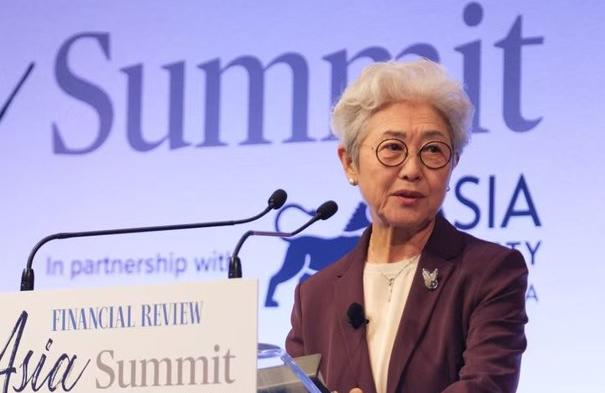
Fu Ying, Founding Chair of Center for International Security and Strategy, Tsinghua University; China's former Vice Minister of Foreign Affairs
Sep 12, 2025
Maintaining peace and stability in Asia and adjacent regions — fostering friendly and cooperative relations — is essential for China’s own security and prosperity. The focus must be on peace, development and building a community with a shared future.
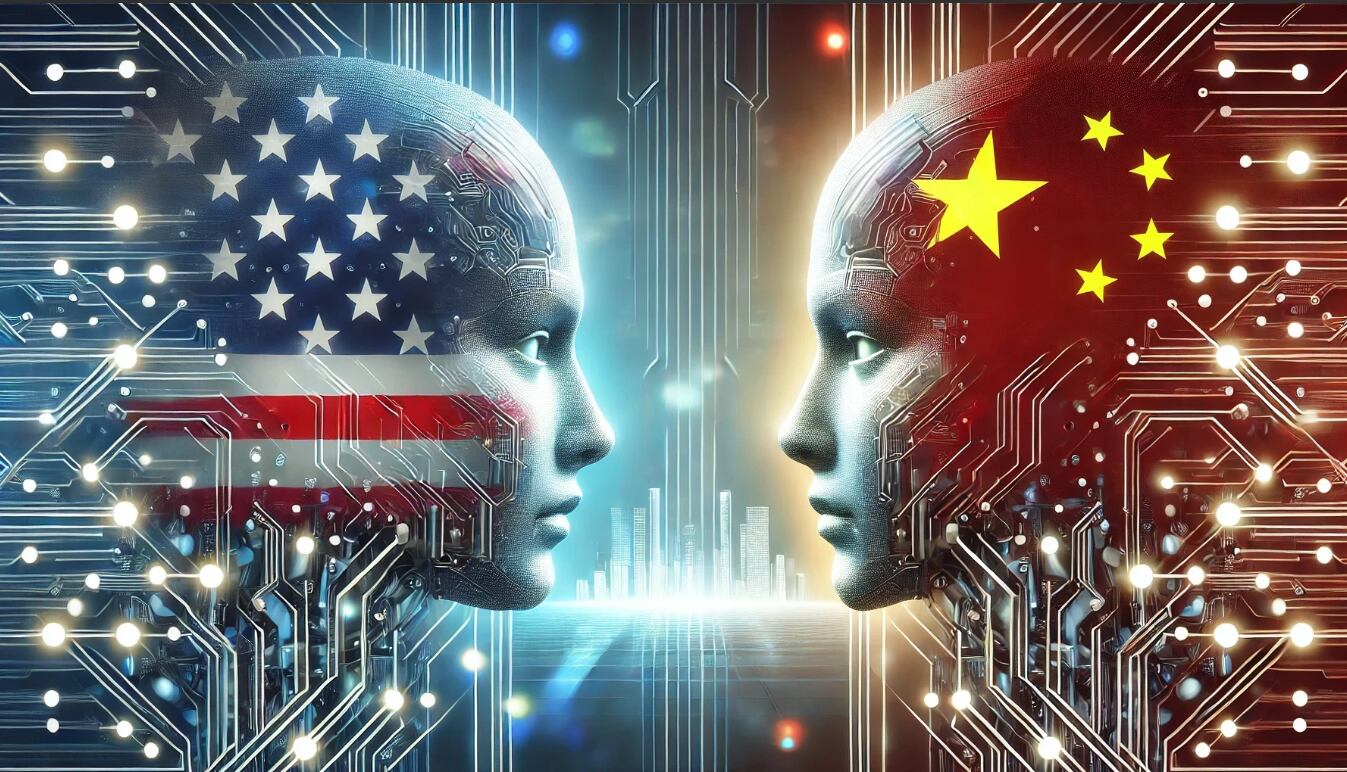
Xiao Qian, Deputy Director, Center for International Security and Strategy at Tsinghua University
Sep 09, 2025
America’s AI Action Plan reveals the close ideological alignment of the Trump administration with the “tech right,” such as permissionless innovation, anti-woke AI and pro-capital innovation culture.

He Weiwen, Senior Fellow, Center for China and Globalization, CCG
Sep 05, 2025
America’s sweeping tariffs are harmful to both the world economy and to America itself and should be revoked. But a bigger trend is emerging: The relevance of the United States is dwindling when it comes to global trade.
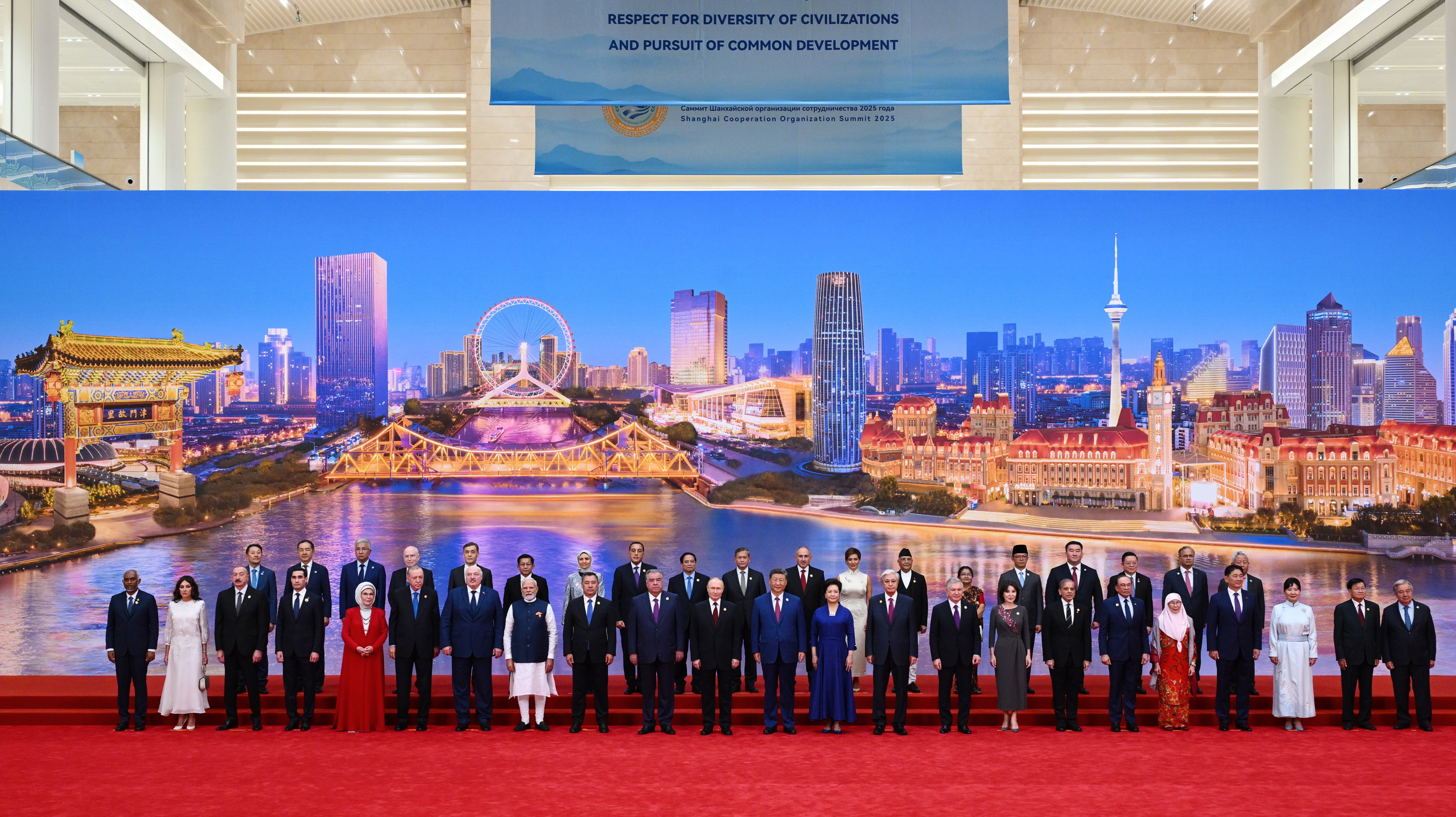
Xiao Bin, Deputy Secretary-general, Center for Shanghai Cooperation Organization Studies, Chinese Association of Social Sciences
Sep 02, 2025
Turbulence has overwhelmed the current international system and SCO member states are feeling a profound impact. The Tianjin Summit is designed to further deepen multilateral cooperation and to provide a new center for global strategic stability.
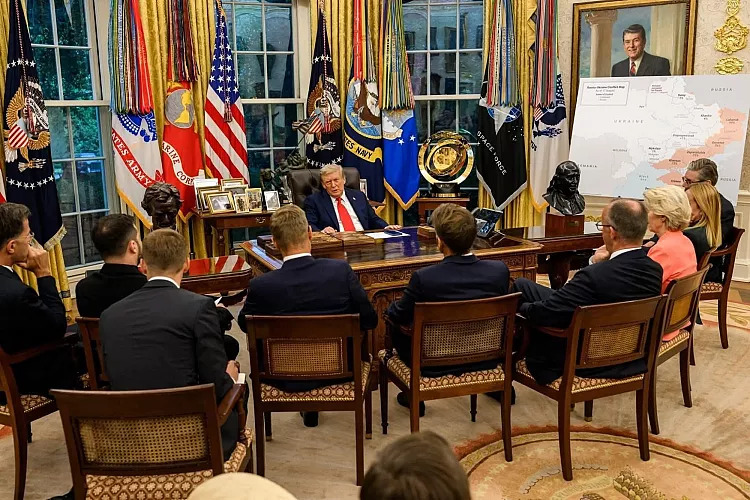
Dong Yifan, Associate Research Fellow, Belt and Road Academy of Beijing Language and Culture University
Aug 22, 2025
The European Union’s ongoing pursuit of an economy-first strategy continues to encounter significant obstacles, especially the erosion of its economic autonomy resulting from the strategic concessions it has made to the United States.

Zhang Monan, Deputy Director of Institute of American and European Studies, CCIEE
Aug 22, 2025
The special administrative region has become a pioneer in institutional and technological innovation. Its recent initiative represents a significant opportunity for the region and a crucial step in China’s broader efforts toward the internationalization of the yuan.
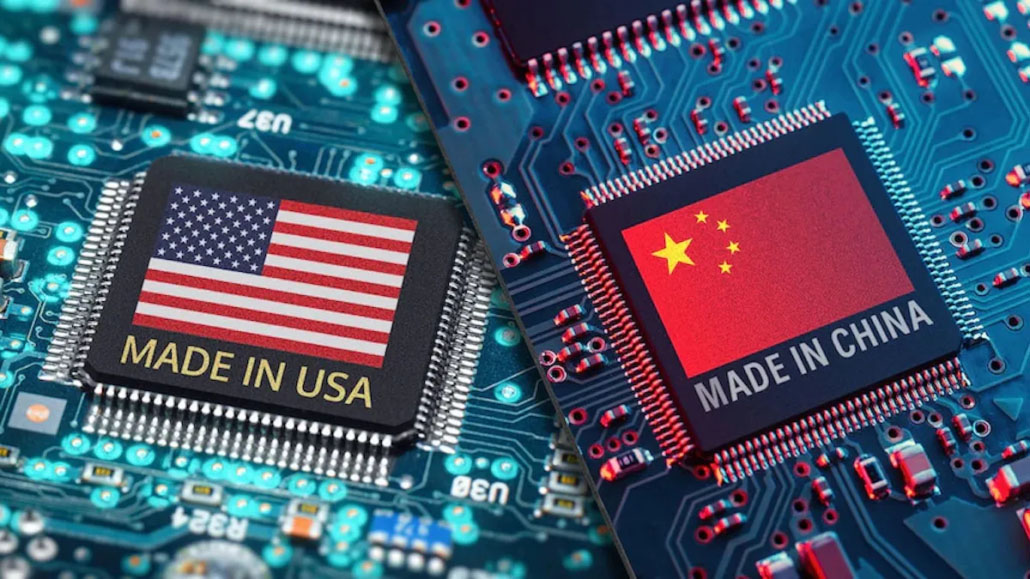
Eric Harwit, Professor, University of Hawaii Asian Studies Program
Aug 15, 2025
China’s industrial policy, including its “Delete America” initiative and major state investments, has secured dominance in legacy chips and reduced reliance on U.S. technology. While still dependent on American AI chips, Chinese firms like Huawei are quickly developing competitive alternatives, threatening U.S. chipmakers.
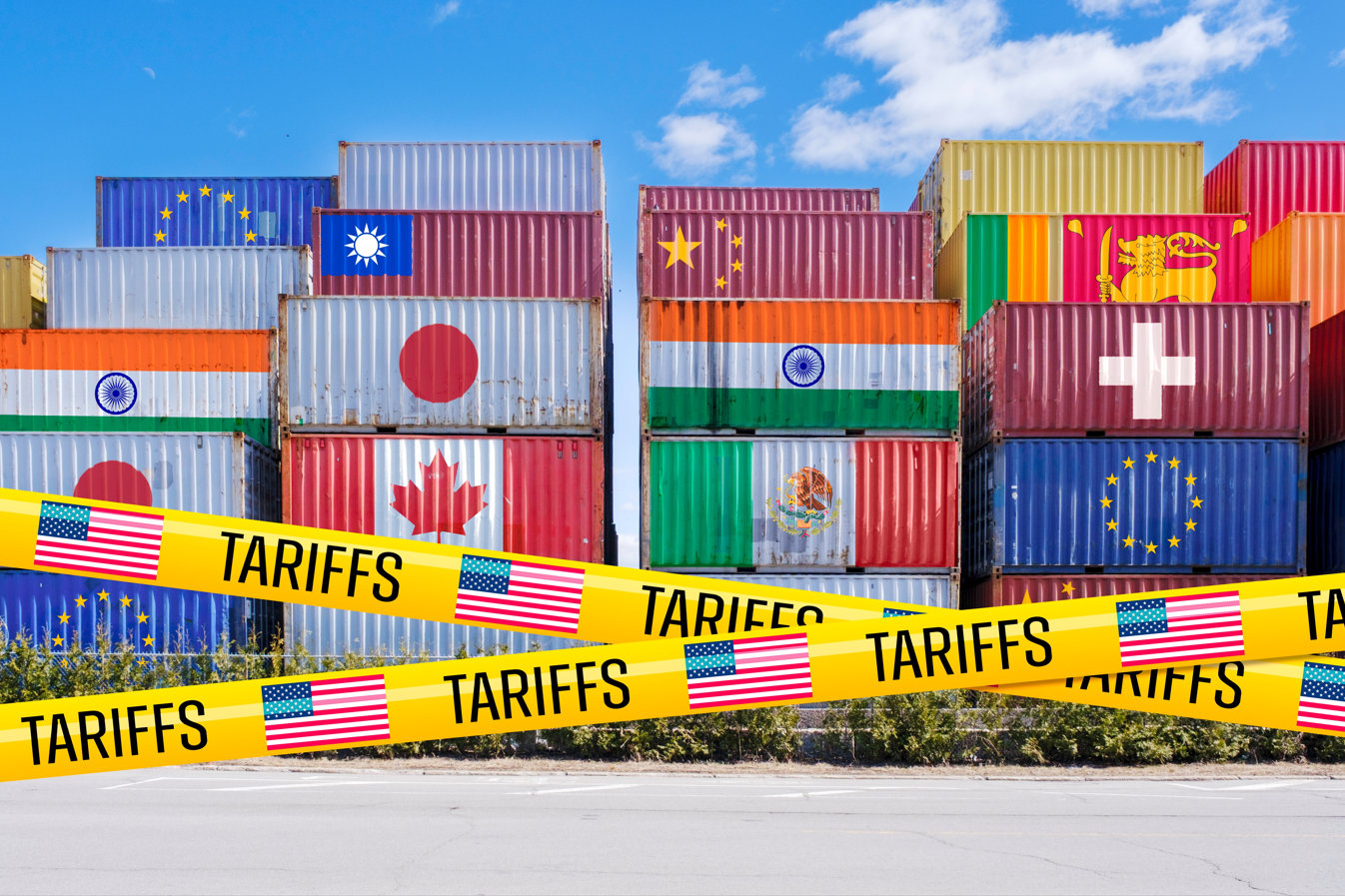
Zhou Xiaoming, Former Deputy Permanent Representative of China’s Mission to the UN Office in Geneva
Aug 12, 2025
Prohibitive penalties on the poorest countries threaten to destabilize these fragile economies and deprive tens of millions of poor people of their livelihoods. Trump’s tariffs are not only unjustified, but also immoral. And this is just the tip of the iceberg.
Back to Top

- China-US Focus builds trust and understanding between the U.S. and China through open dialogue among thought leaders.
- Our Offerings
- Topics
- Videos
- Podcasts
- Columnists
- Research Reports
- Focus Digest
- Stay Connected
-
Thanks for signing up!
- Get the latest stories from China-US Focus weekly.